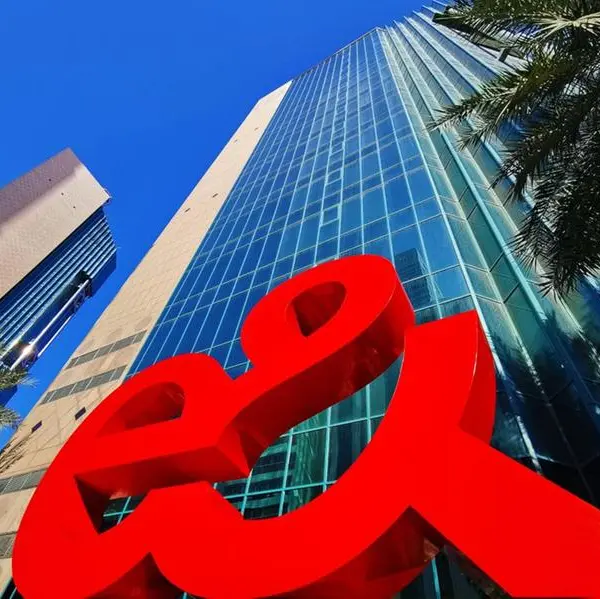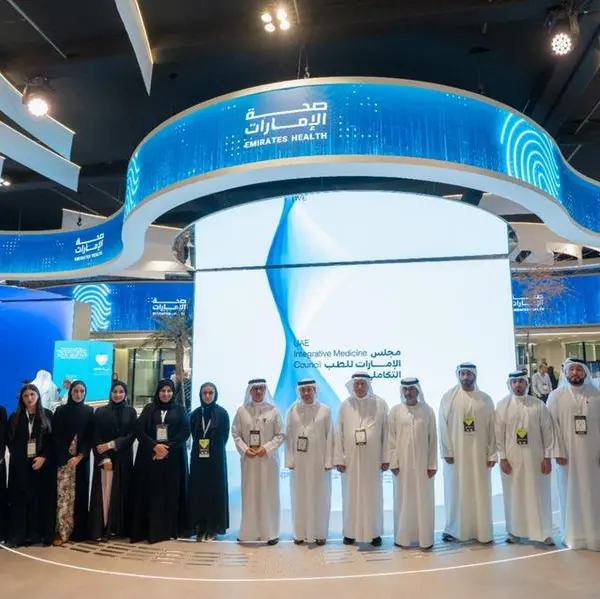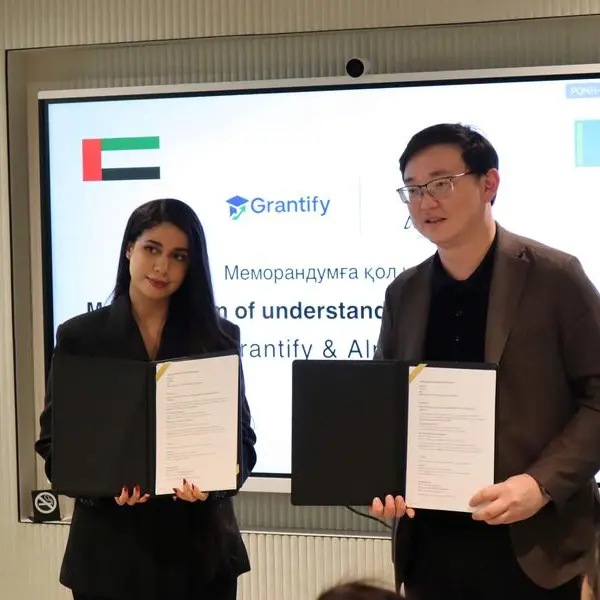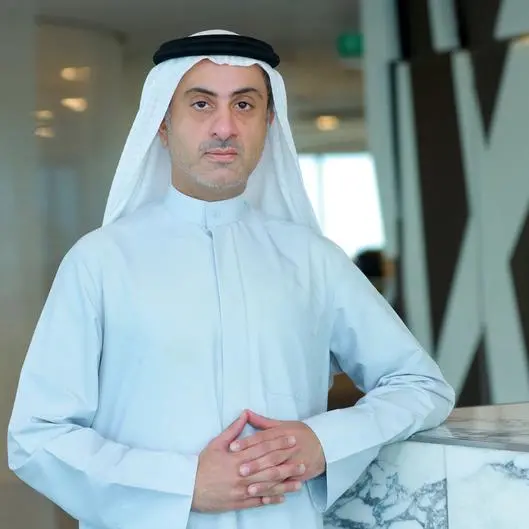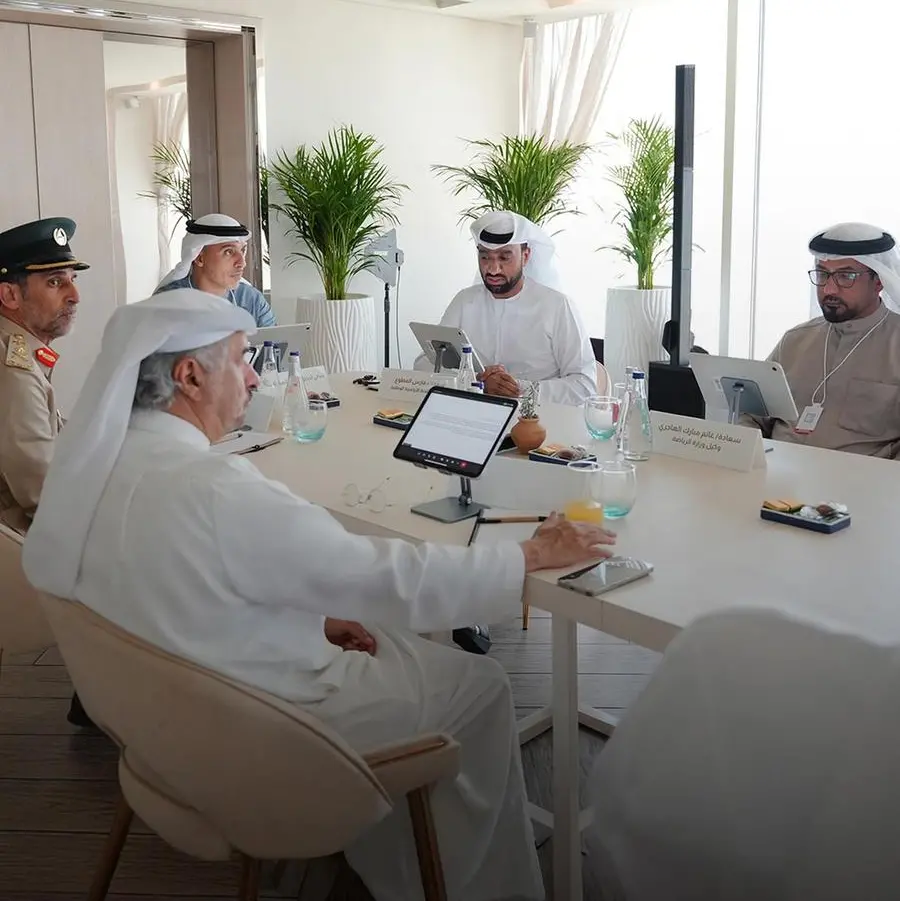The Telecommunications Regulatory Authority (TRA) tweets on the social media platform “Twitter” received 64 million impressions in 2018, with more than 5613 tweets, as well as more than 302K visits to its Twitter profile. Moreover, TRA posted more than 1062 photos and videos on Instagram, receiving more than 89K “like” hits. On Facebook, the number of TRA page fans reached more than 61K fans.
These numbers reflect the great importance that TRA attaches to social media due to its important role in educating the public and highlighting their concerns, such as information security updates on WhatsApp and Snapchat, hacking, cyber blackmail, children addiction to smart devices, consumer rights in the ICT sector, training courses offered by the Center of Digital Innovation (CoDI), and the continuous awareness of TRA services.
TRA has adopted different methods in presenting digital content, ranging from images, graphics, awareness videos and weekly live episodes around the year addressing various information security and ICT related topics.
On the importance of social media for public awareness, H.E. Hamad Obaid Al Mansoori, TRA Director General, said: “In TRA, we use social media as part of an integrated strategy that employs all channels to achieve customers and society’s happiness, inspired by the wise leadership experience in communicating with various social groups. We use social media to spread awareness, and to respond to public queries and comments about the ICT sector. In 2018, we launched several awareness campaigns in areas such as electronic security, cultural and social awareness, and children’s safety. We will continue working on the same plan and developing it to accommodate the developments of 2019.”
TRA’s interest in its social media accounts is based on realizing that the world today is facing a historic transformation in the media field, which is rapidly moving towards digitalization. TRA is one of the leading entities in using social media channels to communicate with the public. It interacts positively and actively with the public through these channels in accordance with the international best practices. TRA also adopts a social media policy that complies with the “Guidelines for eParticipation and Social Media for Government entities in the UAE”, issued in January 2016.
TRA uses social media channels to receive the customers’ inquiries, comments and opinions to improve the level of services and achieve customer happiness. Additionally, TRA uses social media tools in introducing its programs, initiatives, projects, smart services and awareness campaigns with regards to consumer rights and information security.
-Ends-
Disclaimer: The contents of this press release was provided from an external third party provider. This website is not responsible for, and does not control, such external content. This content is provided on an “as is” and “as available” basis and has not been edited in any way. Neither this website nor our affiliates guarantee the accuracy of or endorse the views or opinions expressed in this press release.
The press release is provided for informational purposes only. The content does not provide tax, legal or investment advice or opinion regarding the suitability, value or profitability of any particular security, portfolio or investment strategy. Neither this website nor our affiliates shall be liable for any errors or inaccuracies in the content, or for any actions taken by you in reliance thereon. You expressly agree that your use of the information within this article is at your sole risk.
To the fullest extent permitted by applicable law, this website, its parent company, its subsidiaries, its affiliates and the respective shareholders, directors, officers, employees, agents, advertisers, content providers and licensors will not be liable (jointly or severally) to you for any direct, indirect, consequential, special, incidental, punitive or exemplary damages, including without limitation, lost profits, lost savings and lost revenues, whether in negligence, tort, contract or any other theory of liability, even if the parties have been advised of the possibility or could have foreseen any such damages.

